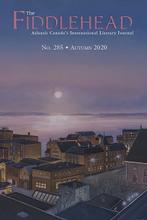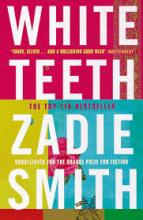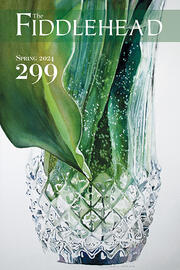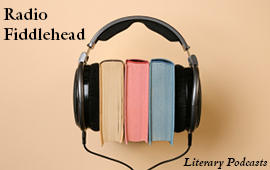BIPOC Solidarities Special Issue - Call For Submissions!
Submissions are now open for our BIPOC Solidarities Special Issue! What conversations would you have in a room filled with fellow BIPOC writers? What stories would you write for one another that you have held back from publishing in a pervasively white literary industry? The Fiddlehead invites submissions of poetry, fiction, creative-nonfiction, and cross-genre innovations by racialized writers residing in the area known as Canada (citizenship not required). This includes writers who identify as Black, Indigenous, people of colour, and racialized writers who wish to push back against the BIPOC acronym.
















